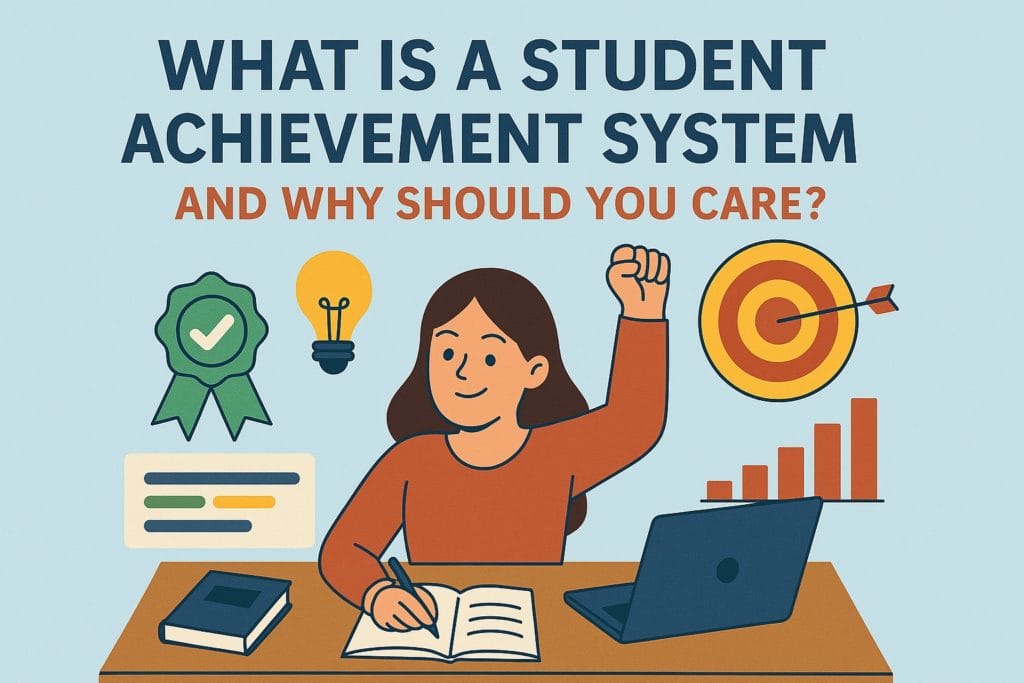
Getting yourself ready for exams might seem terrifying. With the help of our easy tips and tricks, you can effectively avoid all the stress and lack of sleep that the majority of students face when studying for their finals.
Study Smarter, Not Longer
The main rule that you, as a student, should remember is that studying for a long time does not equal studying effectively. The longer you try to stay focused, the less information you retain as your brain seeks a little rest and makes you distracted. But that is just what the majority of students do when they try to catch up and get ready for exams. You can often see students pulling all-nighters before their finals, drinking lots of coffee.
So, should you do the same? Certainly, not! Of course, it doesn’t mean that you don’t have to spend time reciting your notes at all. It just means that you can achieve much more in less time.
Here are a few things that will help you spend your time studying more productively:
- Pay attention to the note-taking method that you are using. Change it if you think that your notes are not convenient to navigate through. It might take a while to define what method suits you the best (or even a few of them for different classes), but you will thank yourself later when getting ready for your exam.
- Create a schedule for every day that includes hours that you dedicate to studying. Stick to it.
- Have breaks. Even a short 15-minute break can make a lot of difference.
- Create a mind map.
- Minimize distraction. Many students think that they are quite productive, while not even noticing that the majority of the time they spend on studying and doing their homework, they are procrastinating. Scrolling through social media or texting with your friends is not the way to get ready for the exam. You can do it later.
- Have a comfortable place to study. Having a desk with a comfortable chair is not always possible. But you can still have a place to do your homework. Keep this area clean, and you will notice that your mind is much sharper.
- Set goals. You will definitely need the motivation to study, so pay attention to the goals that you are trying to achieve. Break them into short-term and long-term goals and divide them into even smaller tasks that you can complete every day.
Now, let’s look at these points in detail.
Pay Attention to Your Note-Taking Method
Though many students know that taking notes is essential, not all of them actually pay attention to the method that they are using. However, if you want to be successful in your studies, this is the first thing that you should work on.
There are a lot of various note-taking methods that you should try. Each of them has pros and cons.
For example, you might try out the Boxing method and find out that it is pretty convenient for classes that are split into sections. At the same time, the Mapping method is great for lectures that contain a lot of structured information and also helps you out if you are a visual learner.
Try out the Cornel method, as it is effective for various lectures and classes. Once you make your notes work, you will be able to navigate through them easier and retain information better.
Create a Schedule
The schedule is an important part of the study routine of any student. It’s crucial to be able to dedicate enough time to do your homework and be disciplined when it comes to procrastination.
When you need to get ready for your exams, it’s important to plan your studies beforehand. Create a schedule and put in your classes and your study sessions. For example, three or four hours every evening. Be ready to study through the weekends, too, if you have a lot to catch up. Make sure you write down the dates of exams so that you are able to see how much time you have left.
Have Breaks
Even the sharpest mind needs breaks. It’s crucial to have rest in order to stay focused and organized. Take short breaks every 40-50 minutes of studying and spend them on snacking, listening to music, etc. You will definitely see the difference, as it will be easier for you to get back to studying.
There is also a method that is called the Pomodoro technique that every student should try. This is basically a time management method that implies working on short but intensive intervals alternated with breaks. For example, you can study for 30 minutes straight and then have a short five- to ten-minute break. Set the timers, so you stick to the schedule and have longer breaks (around 20 minutes) every 3-4 intervals.
Minimize Distractions
We all know that studying might be boring. That’s why a lot of students try to make this time a little bit more amusing by texting, watching TV, etc. However, this is just another form of procrastination.
Turn off your TV, and you might notice that it is actually much easier for you to stay focused on your studies. Mute your phone, and you will spend less time completing the same task.
Moreover, not all music is great for background noise. For example, if you are listening to songs that contain lyrics, it distracts your brain as it has to process the information that it receives through your hearing. That means that the information that you are reading at that moment won’t be retained as well as it could be. If you can’t focus in complete silence, you should definitely choose classical music or chill ambient music as they don’t create such a distraction.
One more thing that you should pay attention to is to be concentrated on one task only. Multitasking isn’t effective when it comes to studying. As there is a lot of information that your brain needs to retain, try not to mix it up, or else your studying won’t be productive. So, end the topic or section first and then start another one.
Have a Place for Studying
Having a comfortable and clean space is essential to have your thoughts organized too. It’s tempting to stay with your notebooks in your bed; however, try avoiding this. You will feel much more concentrated when sitting at the desk or in the library.
But why is it important to keep your place clean and neat? Some studies show us that cluttered and messy spaces tend to affect our concentration, mood, and productivity. So, just cleaning your desk from unnecessary things can boost your studying routine.
Moreover, your brain constantly makes associations with the setting around you. If you have a particular time and place for studying, your brain will get used to it, and study sessions will be much easier to handle.
Set Your Goals
Getting ready for the finals also means that you should stay motivated and goal-oriented through this time; otherwise you might not be as successful in your studies as you wish. That’s why we always recommend setting your priorities and goals when it comes to studying. For example, complete all the assignments on time, succeed in the finals, etc.
What can you do? Create a list of all the topics and questions that you need to cover. Many professors are honest about their tests and even tell you that particular information is going to be in your final, but not many students listen. So, pay attention to the information that your lecturer emphasizes as it is most likely to appear in the test.
After you create such a list, make sure to put it into your schedule and daily to-do lists, so that you can see that you are on time. Don’t try to manage big chunks of information at the time – better spread it over a few days. For example, you can write down that the next weekend you will dedicate to the first section of the course. You should also divide bigger assignments, e.g. a term paper, into smaller parts and work on them slowly.
When you have clear goals and tasks, it’s easier to keep track of your progress and your achievements. You can reward yourself with some treat or anything else that brings you joy every time when you complete another task.
It’s also crucial to set your priorities and stick to them while getting ready for the finals. Prioritize your studies and plan your study sessions first. We know that it’s hard, but this is what actually works for the majority of students.
 Karen Palmer
Karen Palmer


